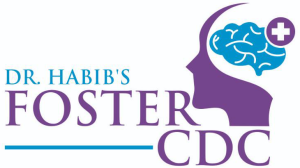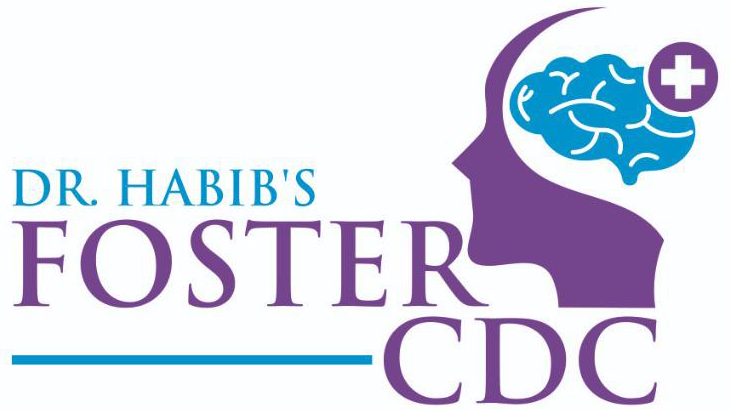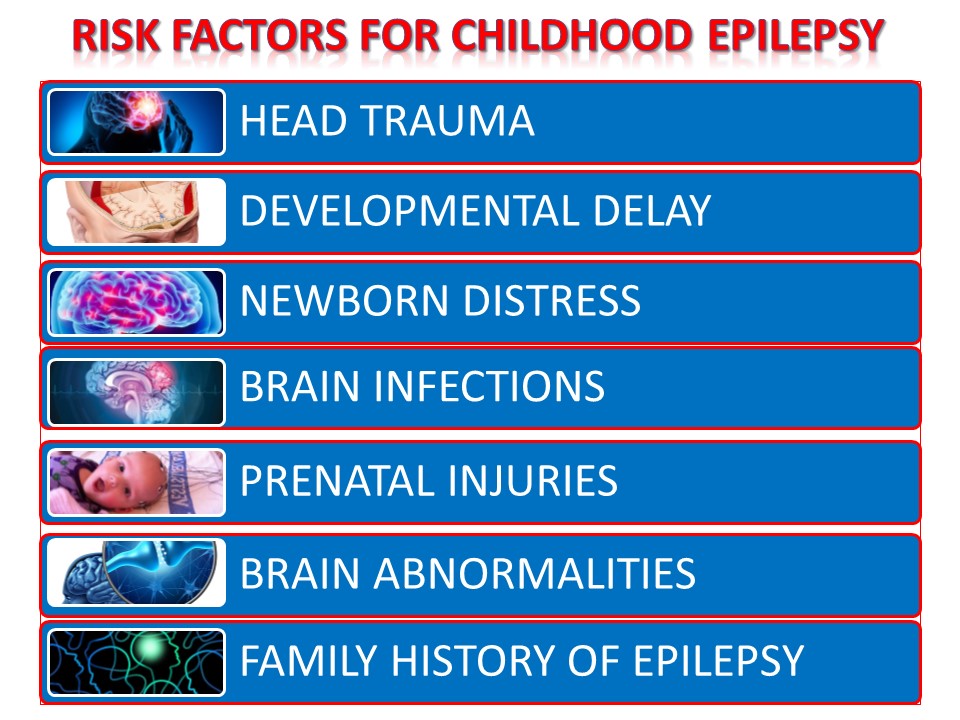Risk Factors for Epilepsy
Risk factors for epilepsy: An epileptic seizure (fit) is a neurological condition that disturbs the normal activity of the brain and the nervous system. Seizures which are commonly known as fits or epileptic seizure start in the brain and affects movements, thoughts, senses and other bodily functions. Seizures can manifest at any age but are mostly detected during childhood. All seizures are not epileptic because febrile convulsions due to sudden high fever and syncope (fainting) due to drop in blood pressure are not caused by disrupted brain activity.
What are the causes of Childhood Epilepsy?
- Developmental disorders
- Brain disorders
- Neurodevelopmental disorders
- Genetic disorders
- Lack of oxygen to the brain
- Hydrocephalus (excess water in the brain cavities)
- Meningitis – brain infections and infections of the brain coverings
- Febrile seizures due to high fever
- head injury
What are the risk factors for childhood epilepsy?
- Brain infections during childhood
- Head Injury – serious injury
- Abnormal blood vessels in the brain
- Infections of the brain: abscess, meningitis, or encephalitis
- Use of illegal drugs such as cocaine during pregnancy
- Fever-related (febrile) seizures that are unusually long
- Family history of epilepsy or fever-related seizures
- Long episodes of seizures
- Repeated seizures
- Family history of status epilepticus
- Autism spectrum disorder
- New-born distress
- Head Trauma
- Early posttraumatic seizures
- Developmental Delay
- Family history of Epilepsy
- Brain abnormalities
- Prenatal injuries
- Seizures in childhood
- Stroke and other vascular diseases
- Age: mostly begins in childhood
- Repeated mild head injuries
- Abnormal blood vessels in the brain
- Internal bleeding into brain
- Brain tumours
- Babies who are born small for their age
- Infants with abnormal brain areas
- Babies born with a brain abnormality
- Cerebral palsy
- Neurological disorders with developmental and intellectual disabilities
- Babies who have seizures in the first month of life
Seizures Triggers
- Missed medication
- Hormonal changes in girls and boys
- Hormonal changes during menstruation in girls
- Flashing lights and patterns
- Dehydration
- Poor eating habits – long fasting, not taking enough liquid diet
- Certain specific activities – playing, some games, foods and noises
- Lack of sleep or disrupted sleep
- Nutritional deficiencies: vitamins and minerals
- Anxiety, stress and other mental disorders
- Prolong illness
- Prolong use of OTC medicines along with seizure medicines
- Overuse of supplements with seizure medicines



